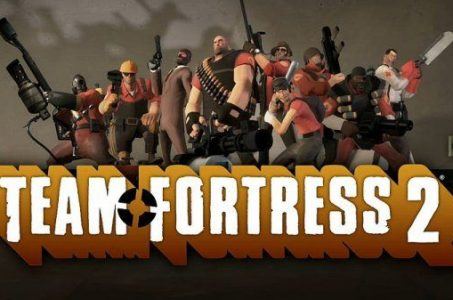Michigan and Pennsylvania Interested in Interstate iGaming Compact
Posted on: July 7, 2021, 08:16h.
Last updated on: August 2, 2022, 11:37h.
Gaming regulators in Michigan say the state is interested in joining an interstate iGaming compact that would allow licensed online platforms to share poker player pools.

Currently, only five states have legal, full-scale internet casinos with interactive slots, table games, and poker. They are New Jersey, Delaware, Pennsylvania, West Virginia, and Michigan. Nevada allows online poker.
iGaming flourished during the pandemic, as Americans were forced to shutter at home. But online poker is just a small fraction of the more than $1 billion regulated internet gaming generated in the US last year.
That’s predominantly because of limited player pools. Michigan Gaming Control Board (MGCB) spokesperson Mary Kay Bean recently confirmed to Pokerfuse, a news organization dedicated to online poker, that the state wants to increase the number of seats filled at its interactive poker tables. It would achieve that by joining a cross-state operating agreement.
Bean explained that legislation Michigan Gov. Gretchen Whitmer (D) signed last year authorizes the MGCB to enter into such compacts.
Pennsylvania Gaming Control Board spokesperson Doug Harbach wouldn’t confirm whether the state is also seeking a poker interstate compact. But he did explain that any such measure would need to be approved by both the state’s governor and attorney general.
Current Compacts
New Jersey, Delaware, and Nevada currently share poker player pools online. The three states do so under the Multi-State Internet Gaming Agreement (MSIGA), which was passed in February of 2014.
The Member States believe that cooperation among them will serve the best Interests of the Member States, their Patrons, and Licensees through an enhanced Patron experience contributing to the commerce of each Member State and optimizing the opportunity for revenues from Internet Gaming,” the MSIGA language reads.
While the three states currently only share pools related to interactive poker, the MSIGA contract doesn’t restrict interstate commerce to only poker. The legal document says that internet poker and “other internet gaming” can be shared over the internet.
“Other Internet Gaming means non-Poker real money gaming offerings conducted by Licensees over the Internet in which the game is an Internet variation or compilation of slots or table games found in full-service casinos using virtual representations of cards, slots, dice, chips, roulette wheels, and similar items.”
Wire Act Dilemma
One major hurdle perhaps holding up Michigan and Pennsylvania from opening their iGaming borders to other states with legal online gambling is the ongoing interpretation of the Wire Act.
Twenty-seven state attorneys general recently sent a letter to US Attorney General Merrick Garland seeking clarification.
The issue arises from a 2011 Department of Justice opinion that concluded the Wire Act bans only the “interstate transmissions of wire communications” relating to sports betting. However, in 2018, the DOJ reversed its opinion to say that the Wire Act’s prohibitions are “not uniformly limited to gambling on sporting events or contests.”
In Michigan, the state’s Lawful Internet Gaming Act mandates that any interstate agreement be “consistent with state and federal laws.”
Related News Articles
Most Popular
LOST VEGAS: The Foster Brooks Robot at MGM Grand
Bally’s Sets Date for Tropicana Las Vegas Implosion & Party
Most Commented
-
VEGAS MYTHS RE-BUSTED: You Don’t Have to Pay Resort Fees
— August 2, 2024 — 16 Comments -
VEGAS MYTHS RE-BUSTED: Elvis Was a Straight-Up Racist
— August 9, 2024 — 11 Comments -
ANTI-SOCIAL BEHAVIOR: Vegas Casino Buffet Stunt in Poor Taste Goes Viral
— August 16, 2024 — 7 Comments -
VEGAS MYTHS RE-BUSTED: The Strip Tried Appealing to Families and Failed
— August 23, 2024 — 7 Comments
















No comments yet